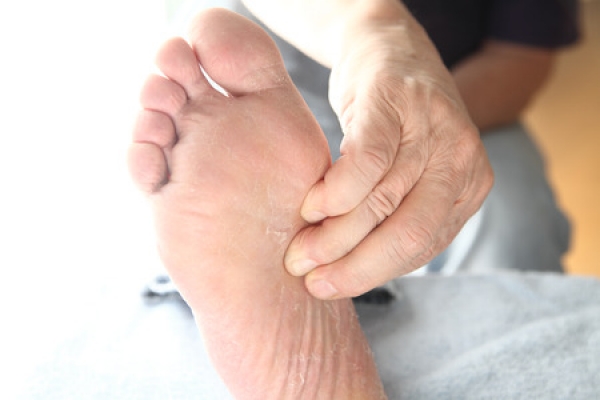Are you experiencing acute pain in the ball of your foot? Is the pain more noticeable with increased activity or when you are walking barefoot? Have you noticed a callus beginning to form in the spot where the pain is? If you answered yes to one or more of these questions, you may be suffering from a condition we treat at Superior Foot & Ankle Care Center known as metatarsalgia.
Your metatarsal bones run down the middle of your foot from your ankle to each of your 5 toes. When the nerves between two of the metatarsals become inflamed, it causes pain, and this is known as metatarsalgia.
What’s Behind the Pain
Basically, metatarsalgia occurs when there is either too much pressure or an uneven pressure applied to the metatarsals. This can have a wide range of causes, however, including:
- Overpronation
- Arthritis
- Foot injuries
- Aging
- Weight gain
- Overuse from weight-bearing sports such as running
- Foot deformities
- Morton’s neuroma
- Poorly fitting footwear
- Standing for long periods on hard surfaces
Getting Relief
The treatment for metatarsalgia will depend on the cause. The first step is to have our podiatrists, Dr. Victoria Foley and Dr. Constance Omelas examine your feet. The foot doctor will also want to get your medical history and ask about your recent activities. Once the reason behind the metatarsalgia has been found, the foot doctor may recommend one or more of the following:
- Icing the area and taking over-the-counter anti-inflammatory medications to relieve pain and inflammation
- Resting your feet from sports and physical activities that aggravate the ball of the foot
- Custom orthotics to correct overpronation or other biomechanical issues
- Wearing properly fitting, supportive shoes
- Losing weight if you are overweight to reduce pressure on your feet
If you are experiencing pain or pressure in the ball of your foot, contact our Long Beach office today for an appointment by calling: (562) 420-9800.

